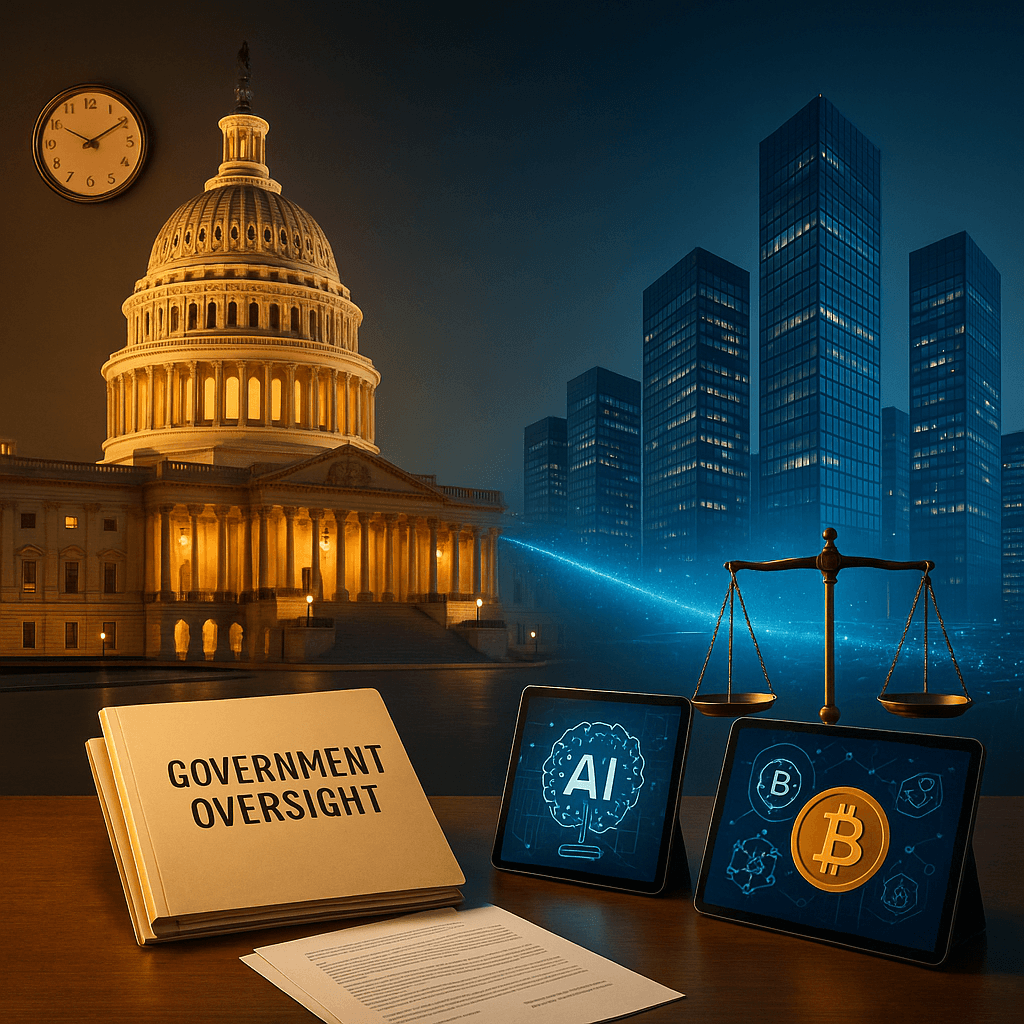Senator Elizabeth Warren is demanding answers from David Sacks, Trump's AI and crypto czar, over whether he's violated federal rules by working beyond the 130-day limit for temporary government employees. The probe comes as Sacks shapes critical AI and cryptocurrency policy while reportedly splitting time between Washington and Silicon Valley to dodge duration restrictions.
The political heat is rising around David Sacks' unprecedented dual role as Trump's AI and crypto czar. What started as a temporary government assignment has now triggered a formal congressional investigation led by Senator Elizabeth Warren, who's demanding transparency about whether Sacks has blown past federal employment limits.
Warren, alongside Rep. Melanie Stansbury and seven other Democratic lawmakers, delivered a pointed letter Wednesday morning pressing Sacks to account for every single day he's worked since January. The lawmakers want to know where he's conducted official business and who's monitoring his compliance with the 130-day cap for Special Government Employees.
The timing couldn't be more sensitive. As the Trump administration moves to implement recently enacted cryptocurrency legislation and establish new AI governance frameworks, Sacks finds himself at the center of both policy areas worth trillions in market value. His influence extends from OpenAI partnerships to Bitcoin strategic reserves discussions.
Sacks came to the White House with serious financial skin in the game. According to White House disclosure documents, he sold over $200 million worth of digital asset investments through his venture firm Craft Ventures before taking the role. The massive divestiture underscored just how deeply embedded he was in the crypto ecosystem he now helps regulate.
But it's his work patterns that have caught Warren's attention. Reports from The SF Standard suggest Sacks has been strategically splitting time between Washington and Silicon Valley, potentially to avoid triggering the federal day count. Colleagues reportedly told Semafor he has "no intention of leaving" the role, despite its temporary designation.
The Special Government Employee category was designed to let private sector experts serve briefly in government under relaxed conflict-of-interest rules. Warren argues that stretching these boundaries undermines the careful balance Congress struck when creating the framework. "Overstaying the limit would raise additional ethics concerns," the lawmakers warned, particularly given the administration's aggressive crypto policy timeline.












